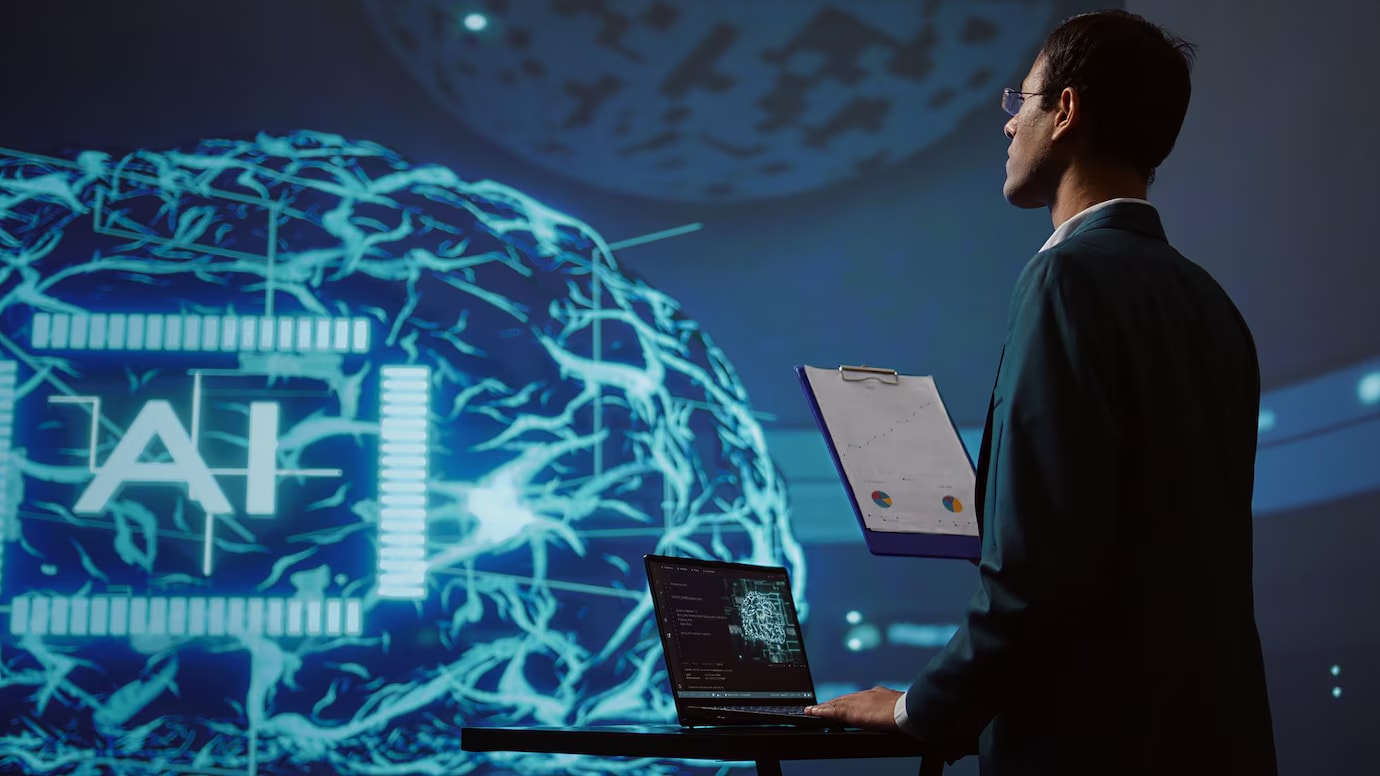AI News Bureau
UN Advisory Body’s 7 Key Recommendations for Global AI Governance
The pioneering report outlines a blueprint for addressing AI-related risks and sharing its transformative potential globally.
Written by: CDO Magazine Bureau
Updated 12:45 PM UTC, October 9, 2024

Representative image by DC Studio on freepik.
The United Nations Secretary-General’s High-level Advisory Body on Artificial Intelligence (HLAB-AI) released its final report, “Governing AI for Humanity.” The pioneering report outlines a blueprint for addressing AI-related risks and sharing its transformative potential globally by:
-
Urging the UN to lay the foundations of the first globally inclusive and distributed architecture for AI governance based on international cooperation;
-
Proposing seven recommendations to address gaps in current AI governance arrangements;
-
Calling on all governments and stakeholders to work together in governing AI to foster the development and protection of all human rights.
The report reveals the global AI governance gaps as out of 193 member states, only seven are part of seven solid AI governance initiatives, while 118 member states are missing, specifically from the global south.
On identifying the gaps in the current international AI governance landscape, HLAB-AI’s report proposes measures to address these gaps. These include light institutional mechanisms to complement existing efforts and foster global AI governance arrangements that are agile, adaptive, and effective to keep pace with AI’s evolution.
The seven key recommendations for global AI governance proposed in the report are:
-
Establishing an international scientific panel on AI: The panel would provide impartial, reliable scientific knowledge about AI. A small UN secretariat will support the panel to help member states develop a shared understanding of AI and address information asymmetries between AI labs and the rest of the world.
-
A new policy dialog on AI governance at the UN, featuring intergovernmental and multistakeholder meetings to foster common ground and regulatory interoperability rooted in human rights.
-
AI standards exchange: This would involve representatives from standards organizations, tech companies, and civil society to ensure technical interoperability of AI systems across borders.
-
The creation of a global AI capacity development network: This is proposed to boost AI governance capacities, offering training, compute resources, and AI datasets to researchers and social entrepreneurs.
-
The establishment of a global AI fund: The fund will address gaps in capacity and collaboration, empowering local efforts to further the SDGs.
-
Fostering a global AI data framework: Aimed to standardize data-related definitions, principles, and stewardship, ensuring transparency and accountability in AI systems.
-
An AI office within the UN Secretariat: The office will support and coordinate the implementation of these proposals.



